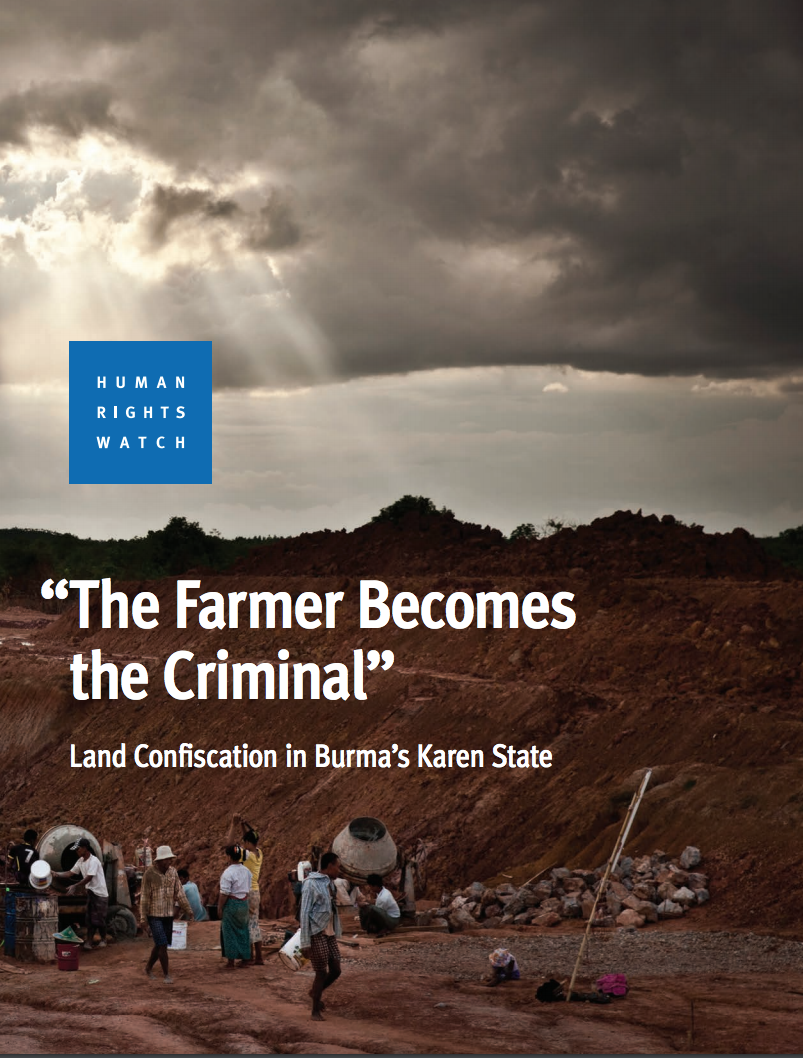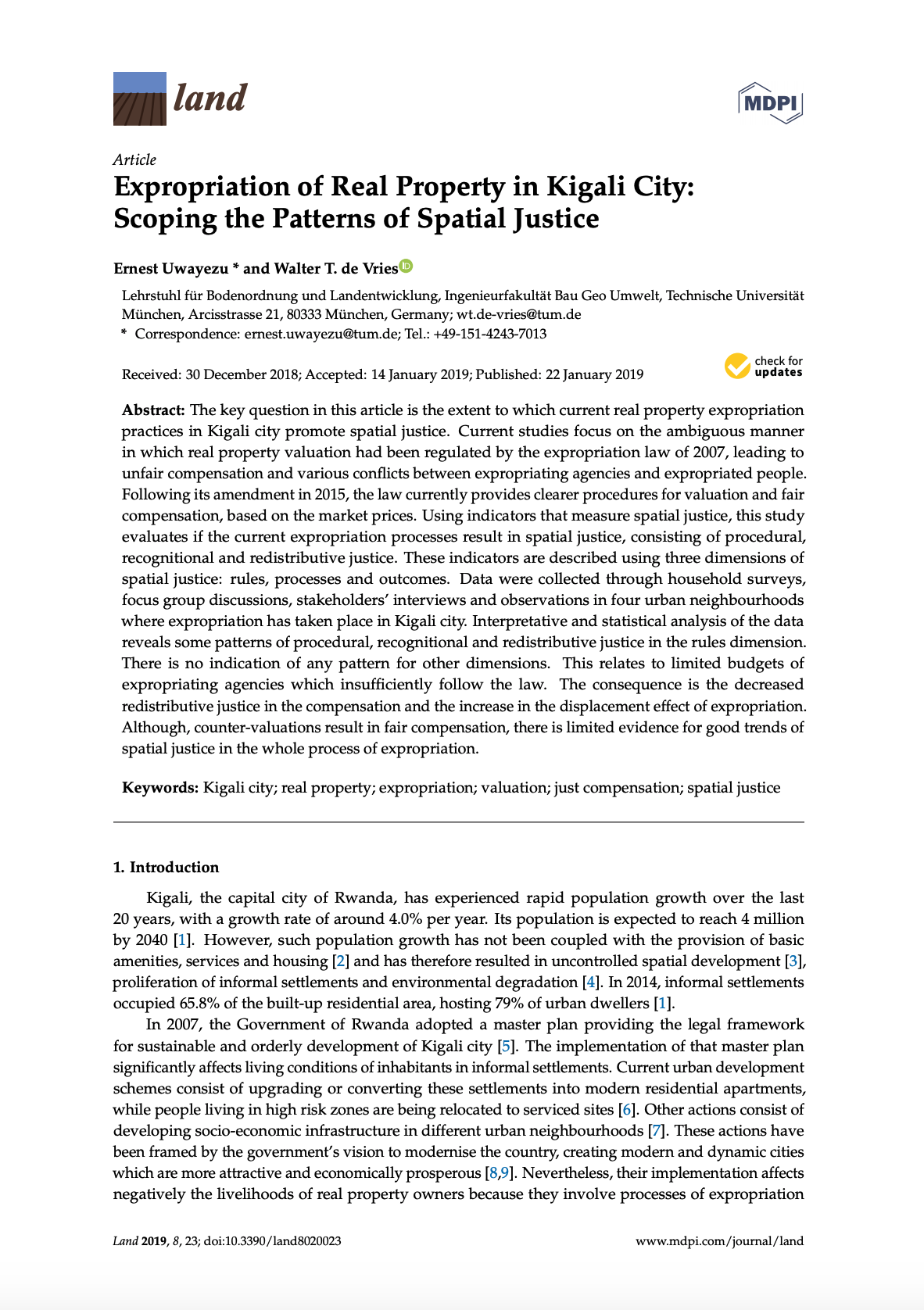Land Governance in South Sudan : Policies for Peace and Development
South Sudan is a new country of 10.5
million people that has just emerged from conflict and still
facing challenges with recovery and development. Although
economic disparities, political exclusion and deprivation in
the distribution of political and economic power between the
northern and southern parts of then united Sudan were often
tendered as the proximal causes of the conflict, at the
center of the prolonged civil war was the struggle for








